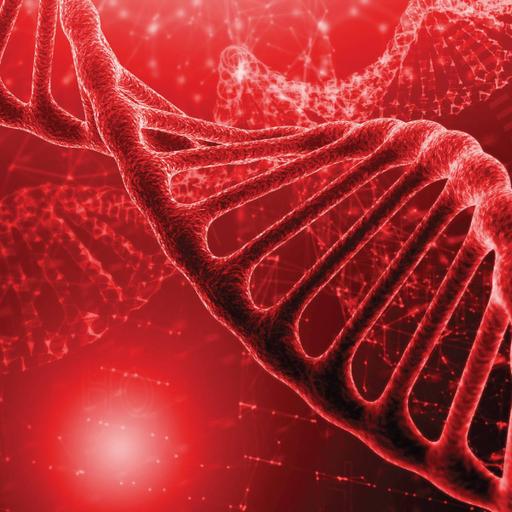Enzymes Used in rDNA Technology
Presentations | English
Recombinant DNA (rDNA) is a technology that uses enzymes to cut and paste together DNA sequences of interest. The enzymes used in rDNA technology are DNA ligase, Reverse transcriptase, Restriction endonuclease, Terminal transcriptase, Nuclease, DNA polymerase, Ribonuclease-H, Alkaline phosphatase and Polynucleotide kinase. DNA ligase is isolated from E. coli and Bacteriophage commercially and used in recombinant DNA technology. Reverse transcriptase is used to synthesize complementary strand (cDNA) from mRNA template. Restriction endonuclease enzyme recognizes and cut DNA strand at a specific sequence called restriction site. Terminal transferase is the enzyme that converts blunt end of DNA fragments into sticky end. Nuclease hydrolyses the phosphodiester bond on DNA strand creating 3’-OH group and 5’-P group. DNA polymerase is a complex enzyme which synthesize nucleotide complementary to template strand. Ribonuclease-H removes mRNA from DNA-RNA heteroduplex and that mRNA is used to synthesize cDNA. Alkaline phosphatase helps in the removal of terminal phosphate group from 5’ end. The enzyme Polynucleotide kinase adds phosphate group from ATP molecule to terminal 5’end after dephosphorylation by alkaline phosphatase.

24.25
Lumens
PPTX (97 Slides)
Enzymes Used in rDNA Technology
Presentations | English
